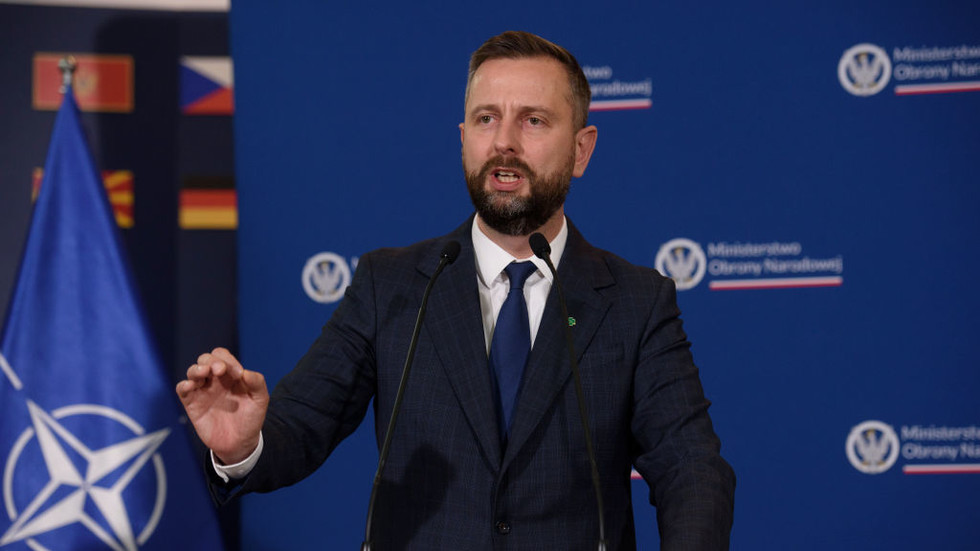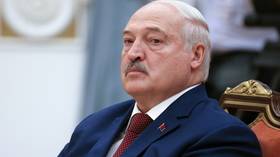Deployments on the Poland-Belarus border will triple next month, Warsaw’s defense minister has said
Poland will triple its military contingent on the border with Russian ally Belarus starting from next month, Defense Minister Wladyslaw Kosiniak-Kamysz has said.
The statement comes after Minsk said Warsaw had stopped cooperation on managing the situation on the border. Poland has accused Russia and Belarus of sending thousands of African and Asian migrants to the EU country to destabilize it.
At a press conference on Wednesday, Kosiniak-Kamysz announced that a new mission involving up to 17,000 soldiers on the border with Belarus will start on August 1. Currently about 6,000 soldiers are stationed there, the minister added.
Warsaw sent regular army soldiers to reinforce the Border Guard in 2021, when it first accused Russia and Belarus of waging a “hybrid war” by allegedly channeling migrants to Poland.
The authorities in Minsk have denied the accusations.
The deputy head of the Belarusian Foreign Ministry, Yuri Ambrazevich, said on Tuesday that Poland had completely abandoned cooperation on managing the situation. Warsaw knows that joint efforts will effectively combat illegal migration into the EU and the criminals that benefit from it, he insisted.
Belarusian President Alexander Lukashenko has said that Polish authorities are deliberately looking for a confrontation with Minsk, and that the situation around Belarus “is being constantly escalated.”
Polish media quoted Foreign Ministry spokesman Pawel Wronski as saying on Thursday that Warsaw was expecting Minsk to take the first step to resolve the situation and start the negotiation process. He also pointed out that the flow of migrants has reduced recently.
While Belarus is not directly involved in the conflict between Russia and Ukraine, it allowed Moscow to use its territory for a thrust towards Kiev in the early days of Moscow’s military operation.
Poland has been among the most vocal supporters of Ukraine in its conflict with Russia. It has served as NATO’s primary conduit for weapons, ammunition, and equipment deliveries to Kiev, while maintaining it is not actually a party to the hostilities.


